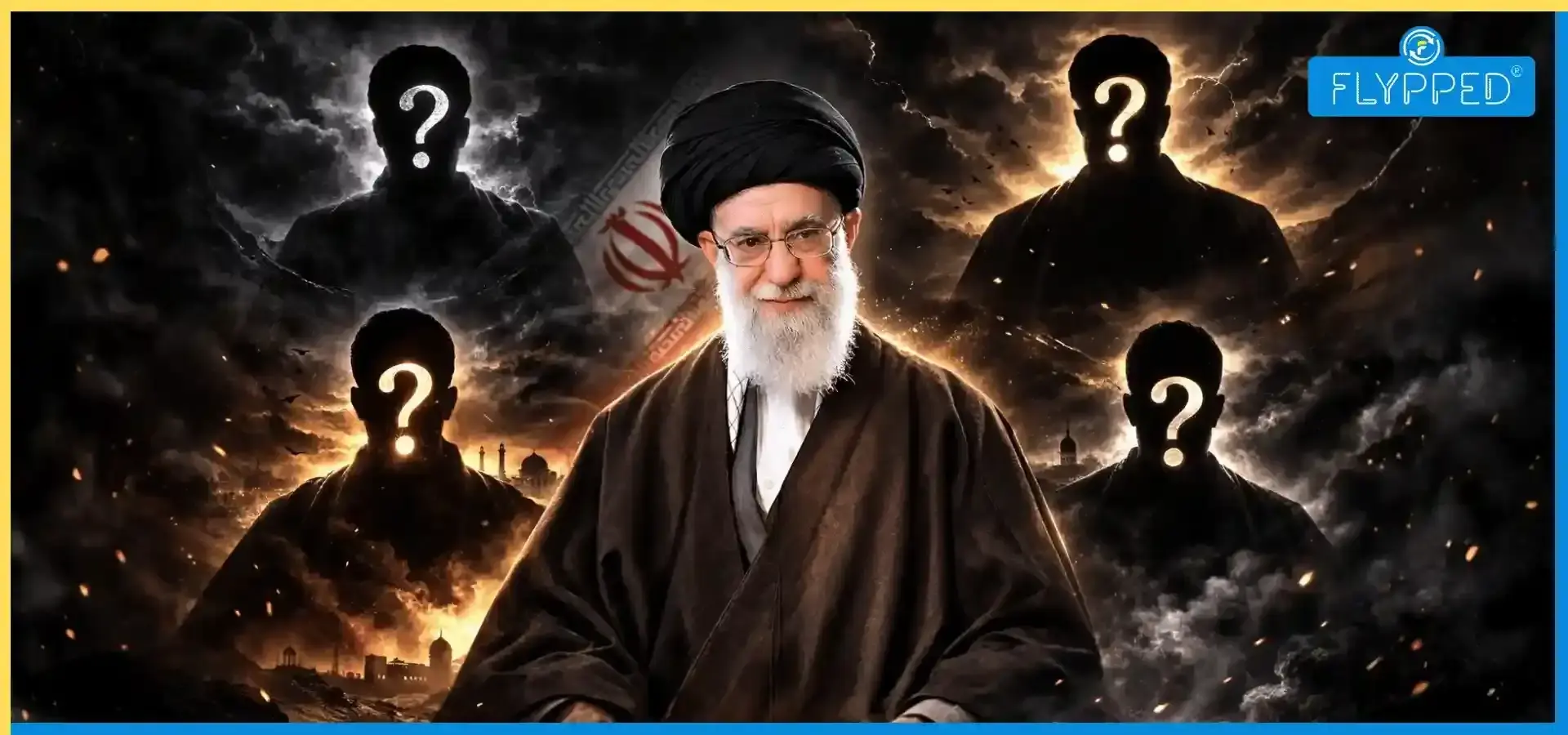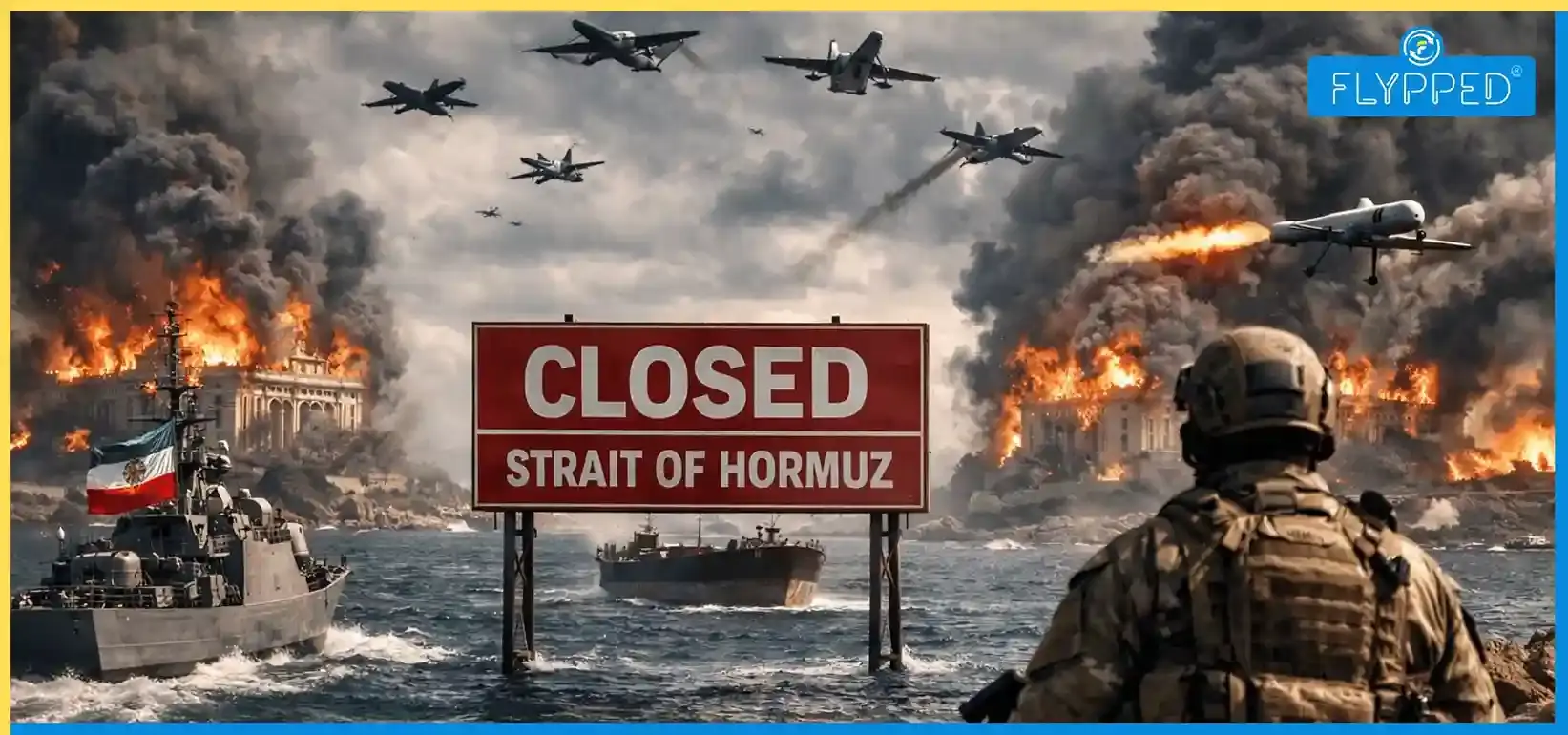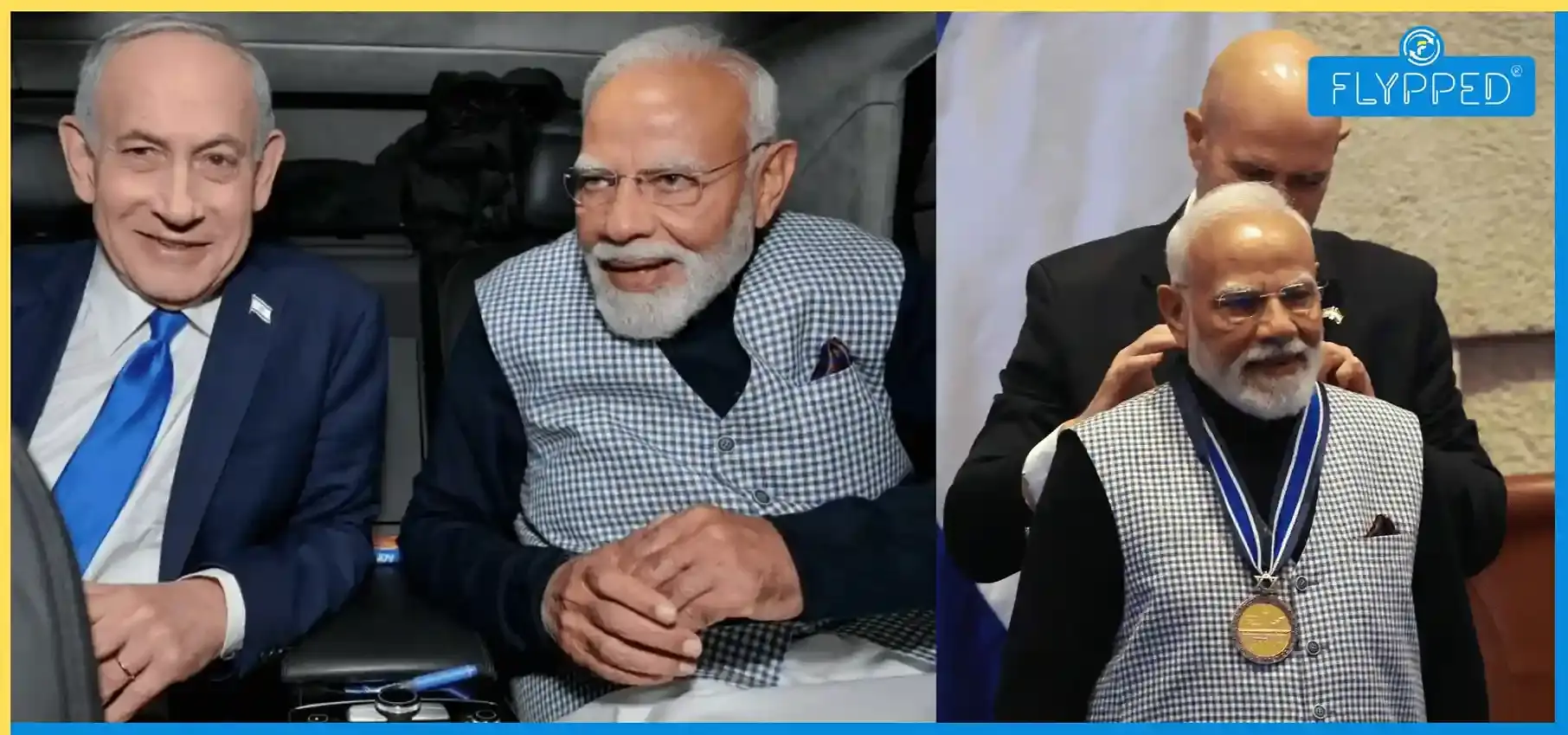Jaishankar visits Islamabad for SCO meet, first EAM in Pakistan after 9 years
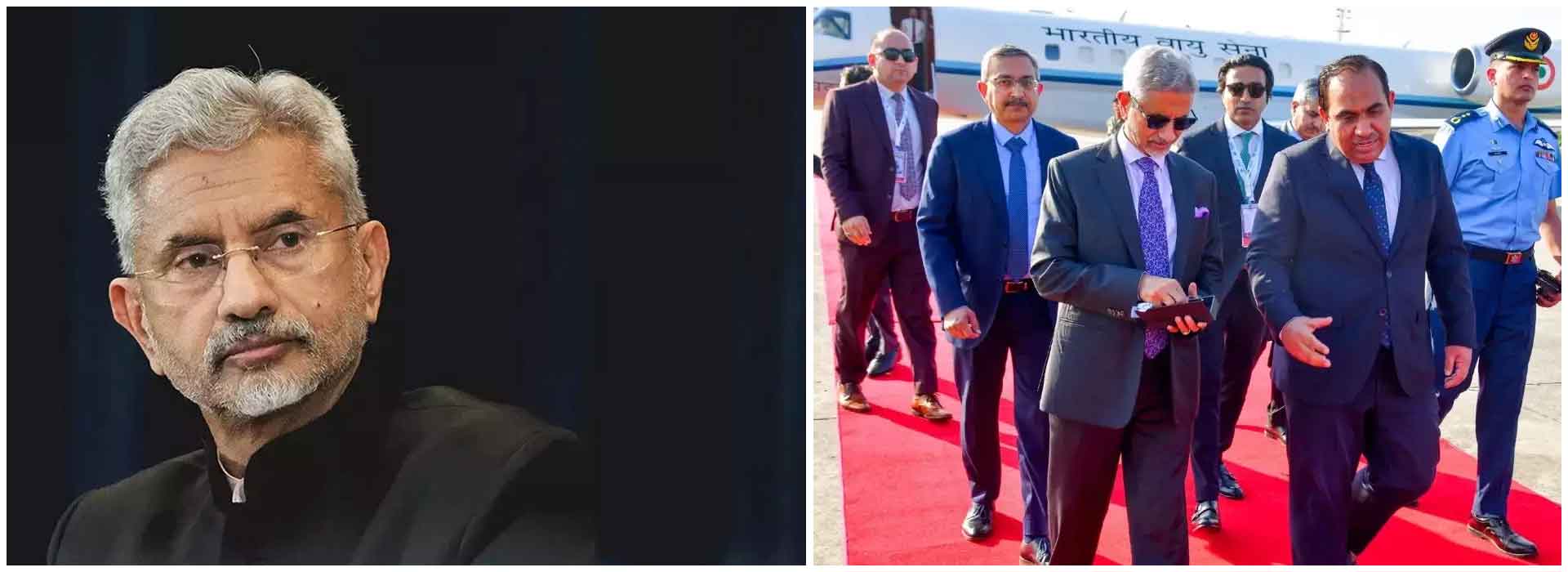
Indian External Affairs Minister, S. Jaishankar, made headlines recently with his visit to Islamabad, Pakistan. This was not just any diplomatic trip—it marked the first time in nearly a decade that an Indian External Affairs Minister (EAM) set foot on Pakistani soil. Jaishankar was there to attend a meeting of the Shanghai Cooperation Organisation (SCO), a regional forum focused on political, economic, and security cooperation.
The trip was significant not just because of the formal agenda of the SCO meeting, but also because of the history between India and Pakistan. Relations between the two countries have been fraught with tension for years, and Jaishankar’s presence in Islamabad drew widespread attention, sparking curiosity about whether this visit could lead to any meaningful diplomatic engagement.
Why the Visit Matters
The fact that Jaishankar visited Pakistan after such a long gap is, in itself, a noteworthy event. The last time an Indian External Affairs Minister visited Pakistan was in 2015 when Sushma Swaraj attended a regional conference. Since then, relations between the two countries have worsened, especially following major incidents like the Pulwama attack in 2019 and the subsequent military confrontations.
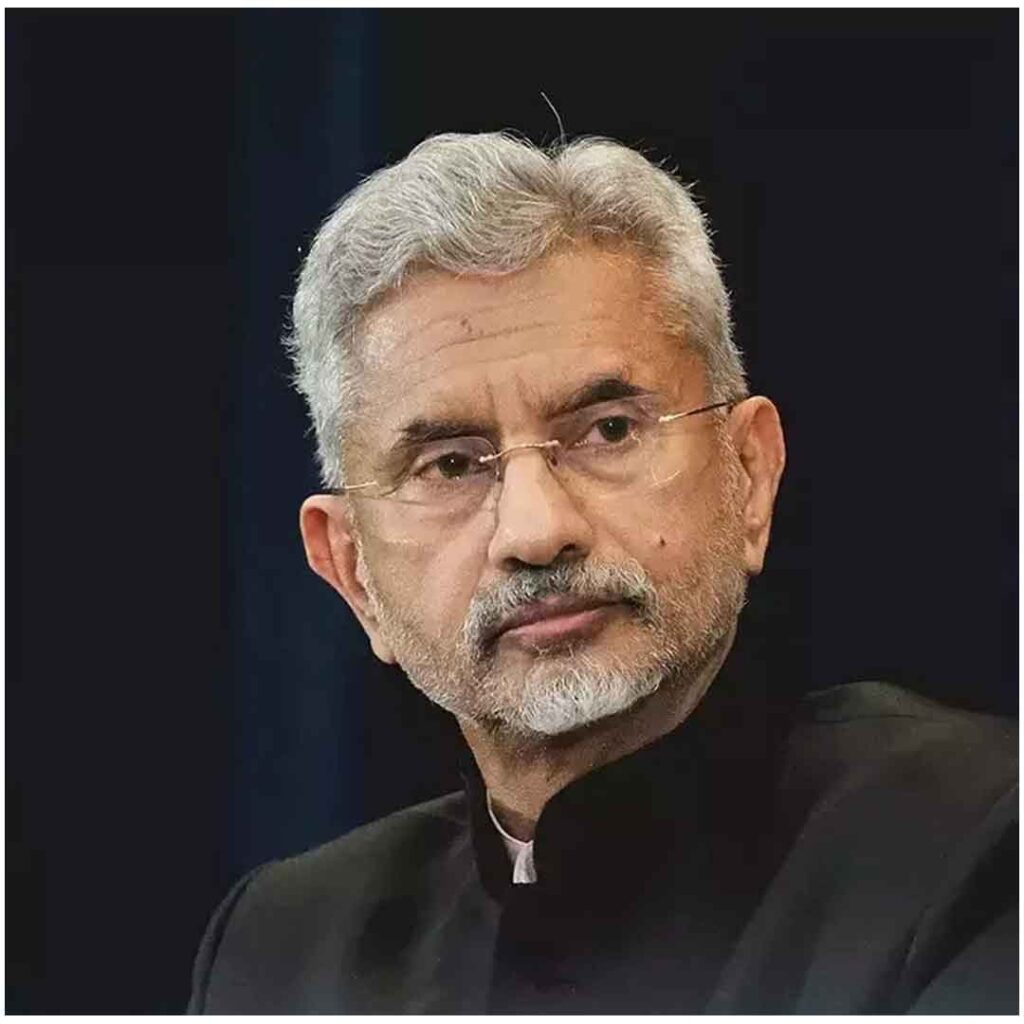
With India and Pakistan having a long history of hostilities, every interaction between high-ranking officials from both countries generates speculation. Could this be a sign of improved relations? Are there any chances of talks? These are questions that naturally arise when such visits occur.
However, it's important to note that the official reason for Jaishankar’s visit was the SCO meeting, not bilateral talks. Indian officials have been clear that the visit should not be seen as an opportunity for resolving the many issues that exist between India and Pakistan, but as part of India’s commitment to multilateral forums like the SCO.
The Role of the Shanghai Cooperation Organisation
The SCO is an eight-member organization that includes China, Russia, India, and Pakistan, along with four Central Asian countries. Formed in 2001, the SCO’s focus has been on regional security, combating terrorism, and promoting economic cooperation among member states.
India and Pakistan both joined the SCO as full members in 2017. The organization is often seen as a platform for discussing issues that concern the region as a whole. While it doesn’t typically address bilateral disputes, the SCO provides a rare opportunity for Indian and Pakistani diplomats to be in the same room, which in itself can be valuable for fostering dialogue.
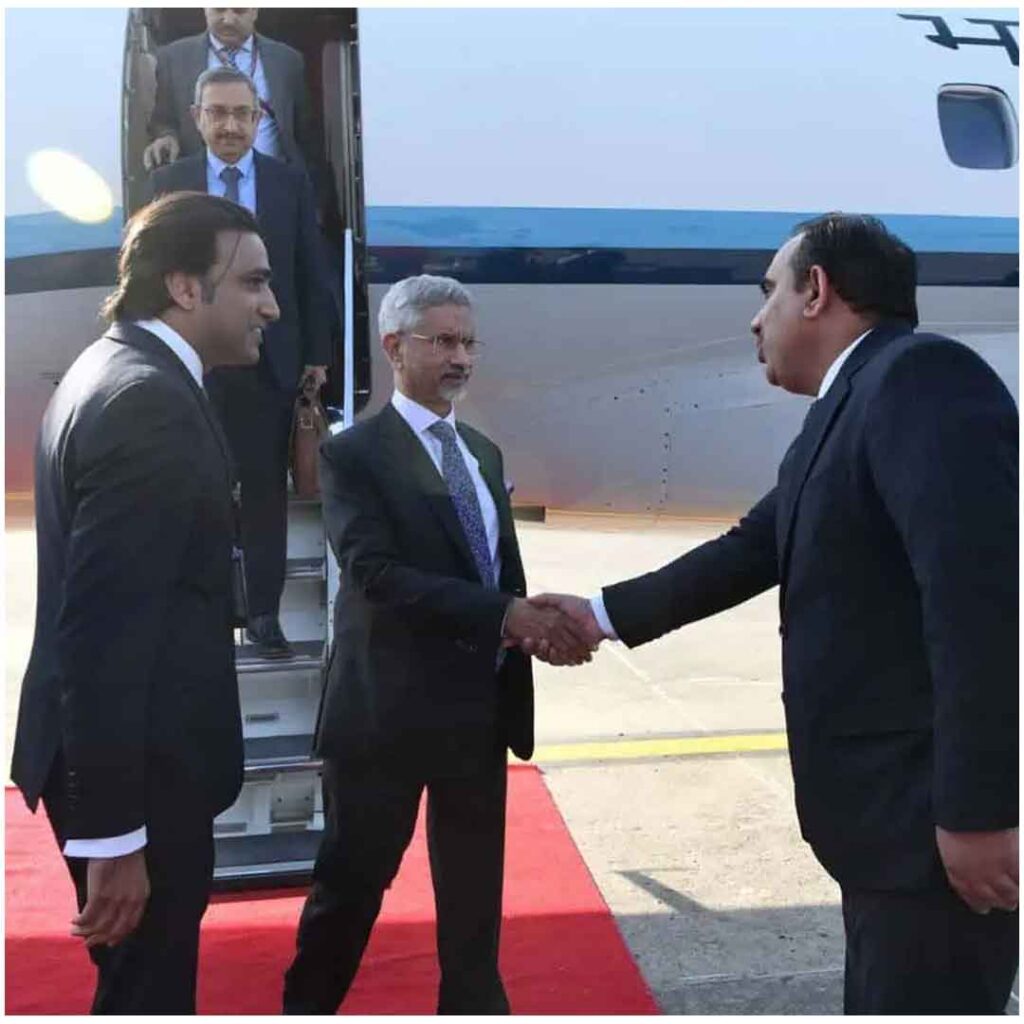
For Jaishankar, the visit was primarily about representing India’s interests within the SCO framework. But the mere fact that India’s top diplomat was in Islamabad was enough to stir public interest and media speculation about whether this could lead to any sort of diplomatic thaw between the two neighbors.
India-Pakistan Relations: A Complicated History
To understand the significance of Jaishankar’s visit, it’s important to look at the broader context of India-Pakistan relations. Since their independence in 1947, the two countries have fought several wars, mostly over the disputed territory of Kashmir. Beyond military conflicts, the relationship has been strained by issues like terrorism, cross-border militancy, and deep-seated political mistrust.
For years, India has accused Pakistan of harboring and supporting terrorist groups that carry out attacks on Indian soil. One of the most notable incidents in recent years was the 2019 Pulwama attack, where over 40 Indian paramilitary personnel were killed. India responded with an airstrike inside Pakistani territory, which led to a brief but intense military standoff between the two nations.
Since then, formal diplomatic engagements have been limited. India’s position has been that dialogue with Pakistan is not possible as long as terrorist groups continue to operate from Pakistani soil. Pakistan, on the other hand, denies these allegations and has repeatedly called for talks on Kashmir, something that India has been unwilling to entertain.
Given this backdrop, Jaishankar’s visit is seen as symbolically significant. While there were no expectations of any formal talks, the fact that an Indian minister was in Pakistan for the first time in nine years led many to wonder whether this could eventually open doors to more dialogue.
A Delicate Diplomatic Dance
Jaishankar, known for his strategic and calculated approach to diplomacy, was careful to downplay the significance of his visit beyond the SCO meeting. Indian officials made it clear that the purpose of the visit was strictly multilateral, focusing on regional cooperation within the SCO framework, rather than any bilateral talks with Pakistan.
Nevertheless, such high-level visits are never without their nuances. Even if there were no formal discussions between Indian and Pakistani officials, diplomatic engagement can sometimes happen in subtle ways. A handshake here, a brief exchange there—these seemingly small interactions can lay the groundwork for future dialogue, even if they don’t immediately lead to concrete outcomes.
It’s worth noting that international organizations like the SCO can play a role in easing tensions between member states. While the SCO is not designed to mediate conflicts between its members, the presence of other influential countries—like Russia and China, who have their own strategic interests in the region—means there is always the possibility of behind-the-scenes diplomacy.
The Road Ahead: Expectations vs. Reality
For now, expectations for any immediate improvement in India-Pakistan relations remain low. Both governments have made it clear that their priorities at the SCO meeting were focused on regional issues, not their bilateral relationship. Yet, Jaishankar’s visit to Pakistan still serves as a reminder that diplomacy is often a slow and gradual process.
Even if this visit doesn’t lead to any major breakthroughs, it’s a step in the right direction. After years of limited engagement, having India’s top diplomat in Islamabad could open up channels for future talks, even if those discussions happen behind closed doors.
The situation between India and Pakistan is complex, with deep-rooted issues that won’t be resolved overnight. But as history has shown, dialogue—even indirect or informal—can eventually lead to progress. Jaishankar’s visit may not change the course of relations between the two countries immediately, but it does offer a glimmer of hope that future diplomacy could lead to more meaningful outcomes.
Catch the freshest news on Flypped
- The Saffron Standoff: The Shankaracharya vs Yogi Adityanath Ayodhya Controversy
- Friends Say Captain Sumit Kapoor Wasn’t Supposed to Fly Ajit Pawar’s Plane
- Union Budget 2026: Nirmala Sitharaman’s Ninth Consecutive Budget and the Road to Viksit Bharat
Conclusion
Jaishankar’s visit to Islamabad for the SCO meeting was a significant moment in India-Pakistan relations, even if it didn’t result in any immediate diplomatic breakthroughs. It was the first time in nine years that an Indian External Affairs Minister visited Pakistan, and while the visit was focused on multilateral issues, it inevitably sparked conversations about the future of India-Pakistan diplomacy.
For now, the focus remains on the SCO and regional cooperation, but the fact that high-level officials from both countries were in the same room is a step forward, however small. As always, in diplomacy, patience is key, and even the smallest gestures can eventually lead to meaningful change.
For Hindi Reader, Please Click for aaj ki khabar.
Click to read the full article

